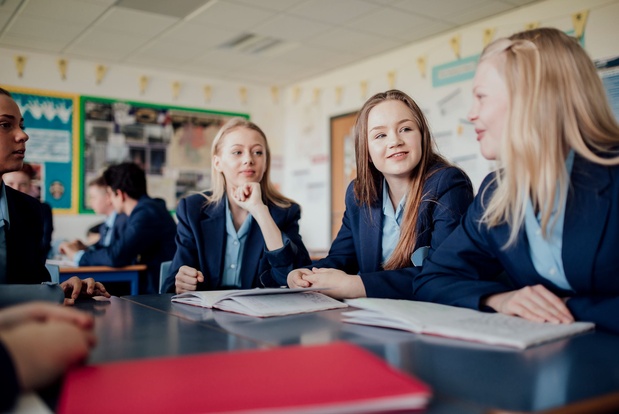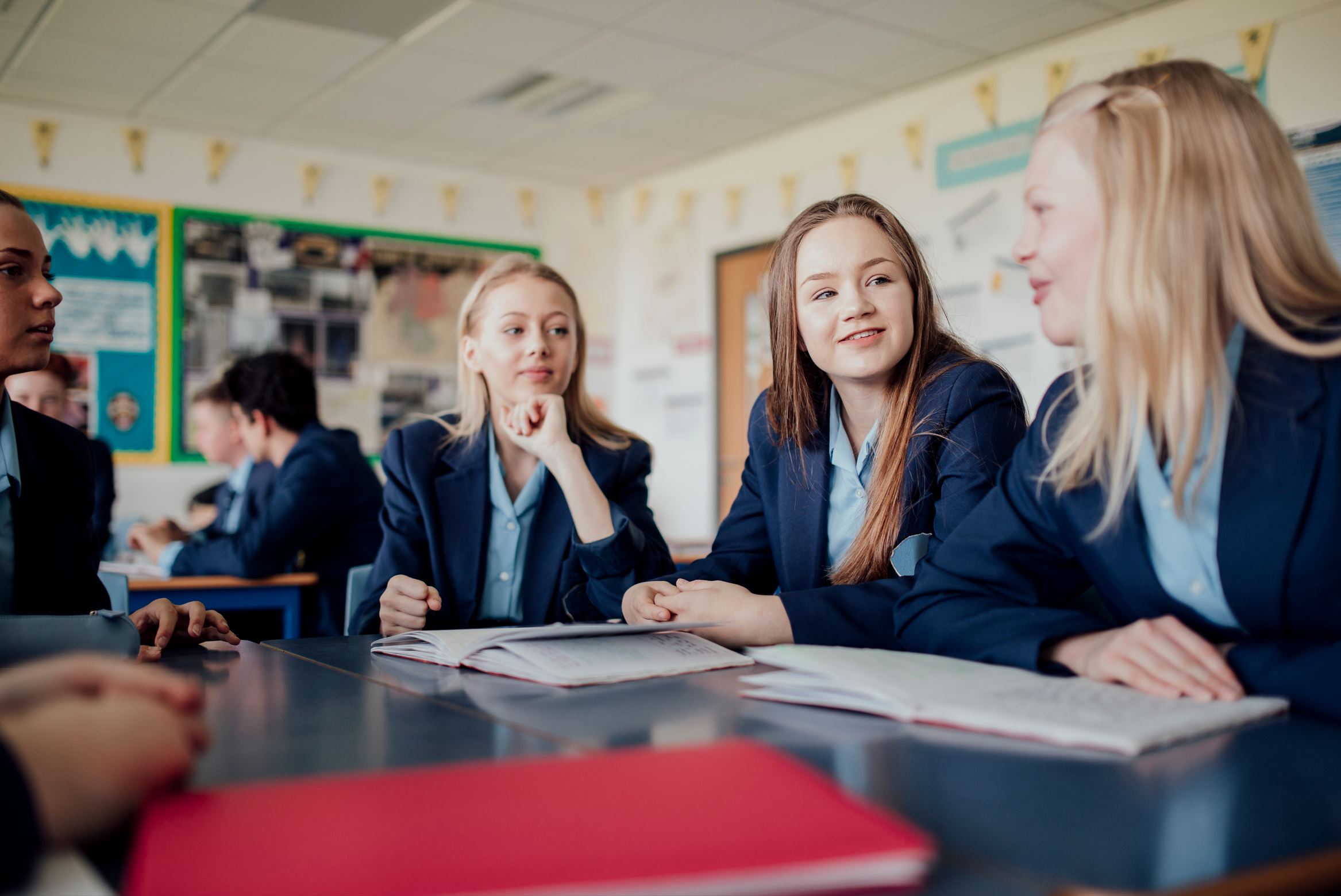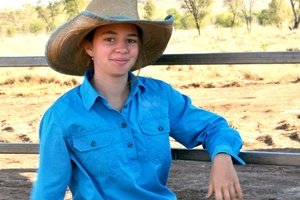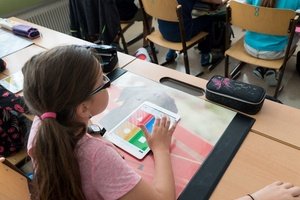Announced today, the Allan Government has pledged at least 400 in-person sessions will be delivered to public schools – sessions that will include “curriculum-aligned, age-appropriate and evidence-based information” and which aim to build students’ skills and confidence to identify when they might need to seek help.
Topics will cover period pain, endometriosis and a host of other conditions that cause pelvic pain experienced by young women and girls.
Pelvic Pain Foundation of Australia notes a study of 1000 girls aged 16-18 years in Canberra, which found 21 per cent had severe pain with periods, and 26 per cent had missed school because of period symptoms.
Similar results have been found throughout the world, the Foundation reports.
Data shows almost half of all Australian women experience pelvic pain, and for the one-in-nine women with endometriosis, reaching a diagnosis can take an average of seven years.
Education Minister Ben Carroll said today that “nobody should suffer in silence”.
“…so we are educating young people about pelvic pain, so they know what to do if and when it affects them," he added.
The program and its trial will be rolled out in addition to the Government’s $36.2 million Free Period Products initiative, with a select number of schools involved in a trial of free individual tampons and reusable products like period underwear this year.
Schools will offer feedback to understand the best ways students can access reusable period products.
“No young person should be stressed or worried about having access to period products.
“Our Free Period Products initiative has seen more than nine million period products dispensed in Victorian government schools, with tampons in multipacks of eight,” Carroll added.
Share the Dignity’s latest Bloody Big Survey found 41 per cent of girls were embarrassed to talk about their periods.
Minister for Health Mary-Anne Thomas indicated the new program was designed to remove the enduring stigma around menstruation in schools.
“We know that schoolyard conversation around menstruation and pelvic pain has historically been seen as taboo – that’s why education to destigmatise and remove the shame associated with periods is so important,” she said.
“We are ensuring more young Victorian girls understand their bodies and seek help before their pain impacts their overall health and wellbeing.”
A five-year longitudinal study of teenagers with endometriosis, period and pelvic pain is currently underway at the Murdoch Children's Research Institute (MCRI), with recruitment for eligible participants now open.
The researchers believe that young women’s period and pelvic pain can be better managed to prevent chronic pain and endometriosis.
“We're interested in the care provided to this cohort and how we might be able to change the course of women's pelvic pain histories through early intervention,” they note.
According to MCRI, most young people will experience some pain during menstruation – and while for some it is manageable and won’t impact on everyday activities, for others it may negatively quality of life and mental health.















